Are you and your partner considering taking the exciting leap into marriage? Before you say "I do," it's crucial to prioritize your health by discussing pre-marital health advice. Understanding each other's medical backgrounds and potential health risks can help you build a strong foundation for your future together. Join us as we explore essential tips and resources to ensure your pre-marital wellnessâread on to discover more!

Personal Health Assessment
Pre-marital health assessments are essential for couples preparing for marriage, focusing on personal health evaluation to ensure a healthy foundation for family planning. Essential components involve screenings for sexually transmitted infections (STIs) such as Chlamydia and HIV, which impact reproductive health and overall wellbeing. Genetic testing, recommended for specific ethnic groups, can identify hereditary conditions like Tay-Sachs disease or cystic fibrosis, informing couples about potential risks to future children. Additionally, a thorough discussion of immunization status, including vaccines against rubella and hepatitis B, is crucial in preventing complications during pregnancy. Nutritional assessments guide couples in establishing healthy lifestyle choices, addressing body mass index (BMI) and dietary habits. Thorough knowledge of personal medical histories, including chronic conditions such as diabetes or hypertension, ensures proactive healthcare measures are taken, fostering a supportive environment for a healthy marital journey.
Genetic Counseling
Genetic counseling plays a crucial role in pre-marital health planning, addressing hereditary health risks that may affect future families. Couples can consult with certified genetic counselors who evaluate family history, specific ethnic backgrounds, and previous health records, particularly focusing on conditions such as cystic fibrosis or Tay-Sachs disease, prevalent in certain populations. Genetic testing options, including carrier screening, provide essential information about inherited conditions, enabling couples to make informed decisions regarding family planning. Comprehensive counseling sessions discuss findings thoroughly, outline the implications of genetic risks, and consider options such as in vitro fertilization with preimplantation genetic diagnosis or the use of donor gametes to minimize risks. Couples gain valuable insights, fostering an understanding of how genetics impacts not only their health but also the well-being of future generations.
Vaccination and Immunization
Pre-marital health advice emphasizes the importance of vaccination and immunization for couples planning to marry. Vaccinations such as the MMR vaccine (measles, mumps, rubella) are crucial as they protect against highly contagious diseases that can lead to severe complications. The Tdap vaccine (tetanus, diphtheria, pertussis) is recommended to shield individuals and future children from these potentially deadly infections. Couples should also consider the HPV vaccine, targeting human papillomavirus, which can lead to cervical cancer and other cancers in both genders. Additionally, influenza vaccines are vital, particularly if the wedding date coincides with flu season, ensuring that both partners remain healthy for their marriage. Hepatitis B and chickenpox vaccines may also be discussed depending on individual health records and lifestyle. Proper immunization history check-ups can provide reassurance and promote a healthy start to married life.
Family Health History Review
Pre-marital health consultations often include a comprehensive family health history review to identify genetic predispositions or hereditary conditions that may affect future offspring. This review assesses the couple's parents, grandparents, and siblings for health issues such as diabetes (affecting nearly 463 million adults globally), heart disease (the leading cause of death worldwide), and certain cancers (particularly breast and colorectal cancer). Understanding familial patterns of illnesses aids in guiding lifestyle modifications and potential medical screenings. Knowledge of conditions like cystic fibrosis or sickle cell disease is crucial, particularly for couples with specific ethnic backgrounds, as certain disorders are more prevalent in specific populations. A detailed family health history can empower couples to make informed reproductive choices and manage risks more effectively.
Communication and Relationship Counseling
Effective communication plays a critical role in healthy relationships, particularly during the transition to marriage. Pre-marital health advice emphasizes the importance of discussing expectations, values, and personal goals. Professional relationship counseling can provide couples with tools to enhance their communication skills, leading to stronger emotional connections. Couples should explore past relationship dynamics, recognizing patterns that may impact their future. Understanding conflict resolution strategies is essential for navigating disagreements. Regular check-ins can foster transparency regarding feelings and concerns. Counseling sessions often incorporate role-playing exercises, helping partners practice conversations in a safe environment. Establishing shared rituals and traditions can strengthen the bond between partners, creating a foundation for lasting support and understanding.

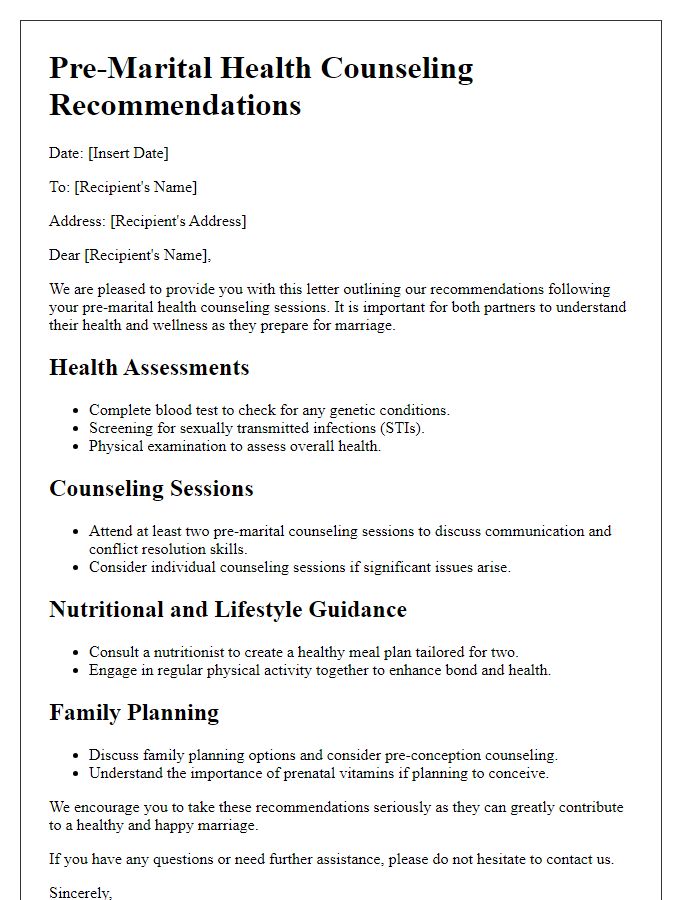
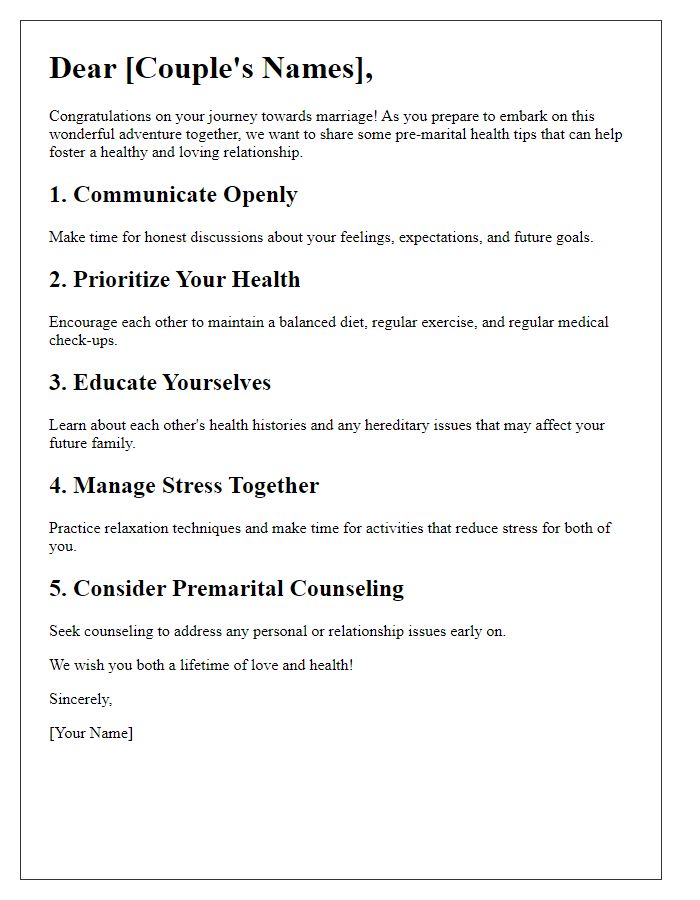
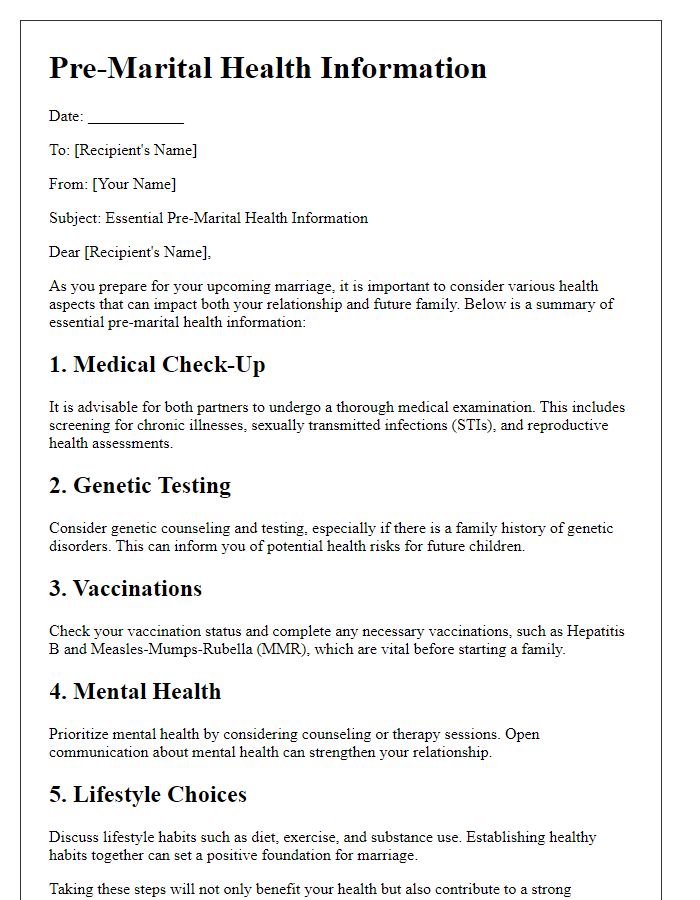
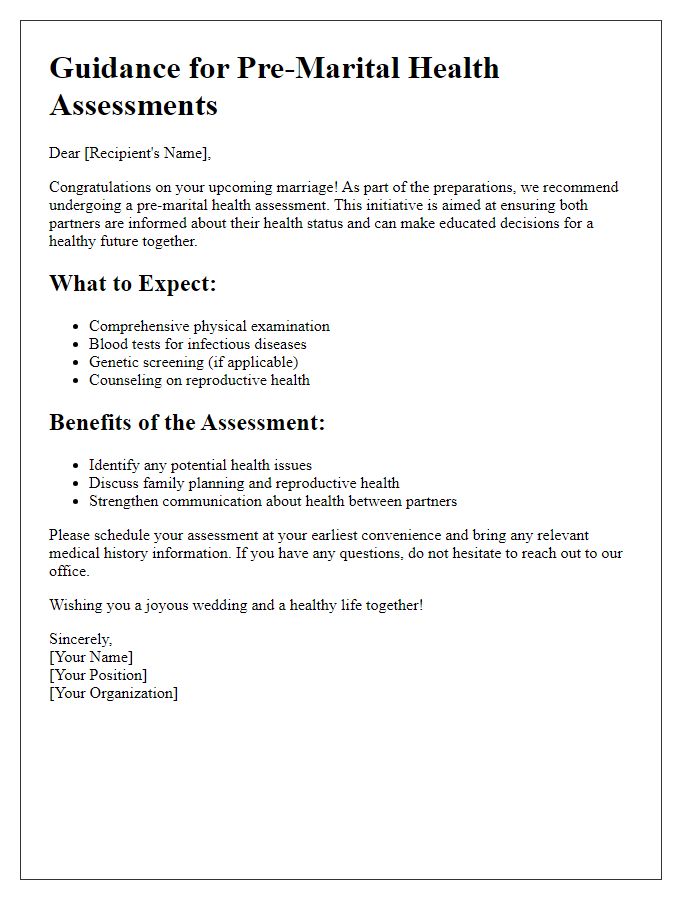
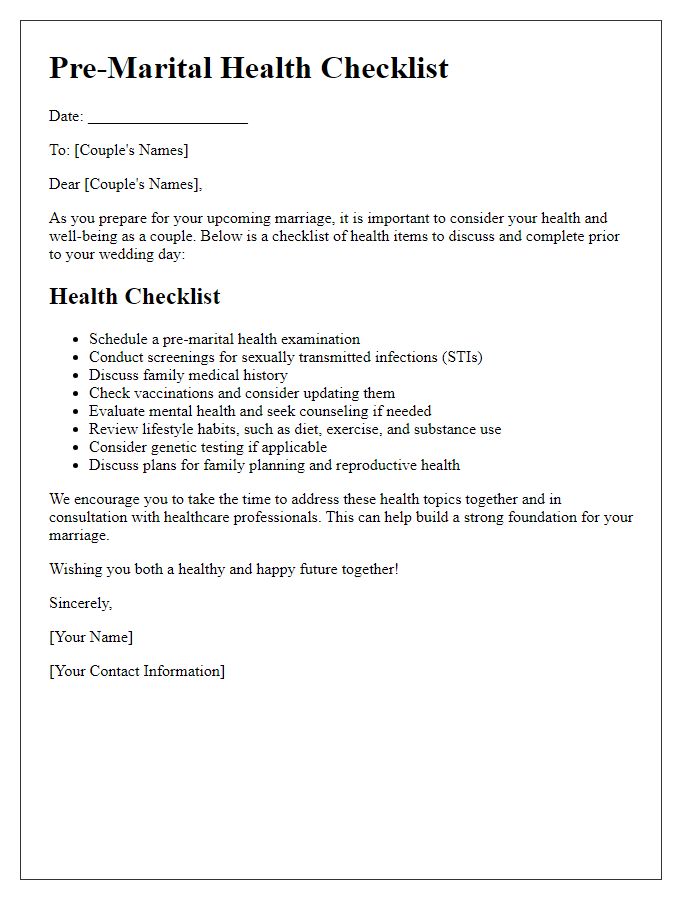
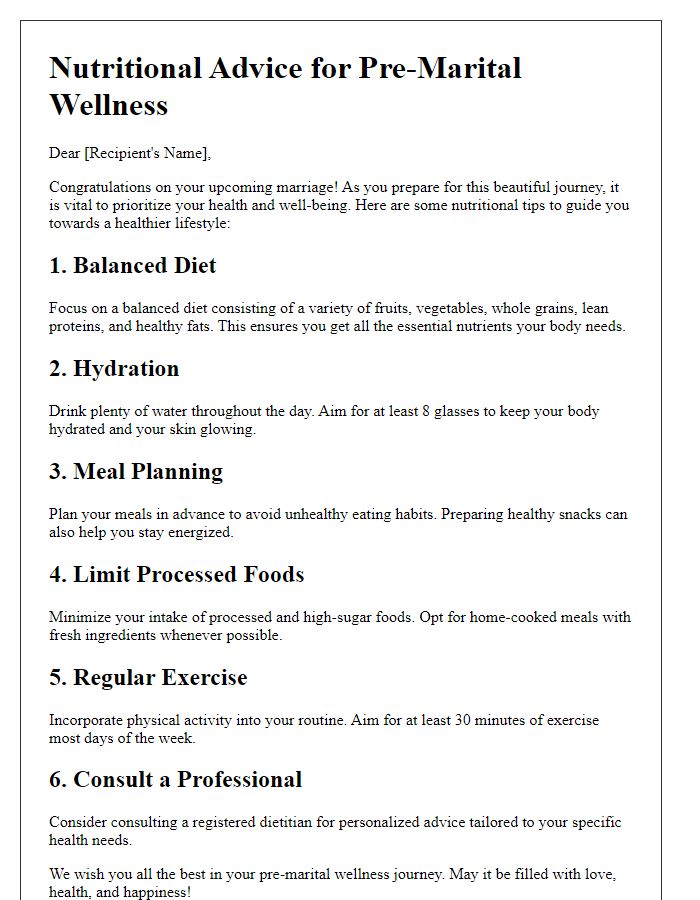
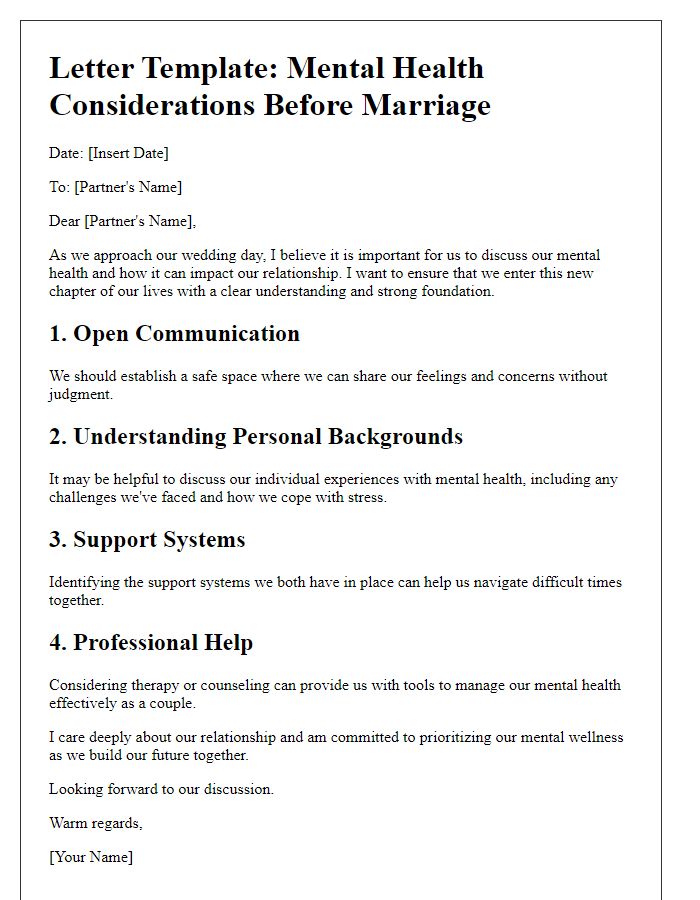
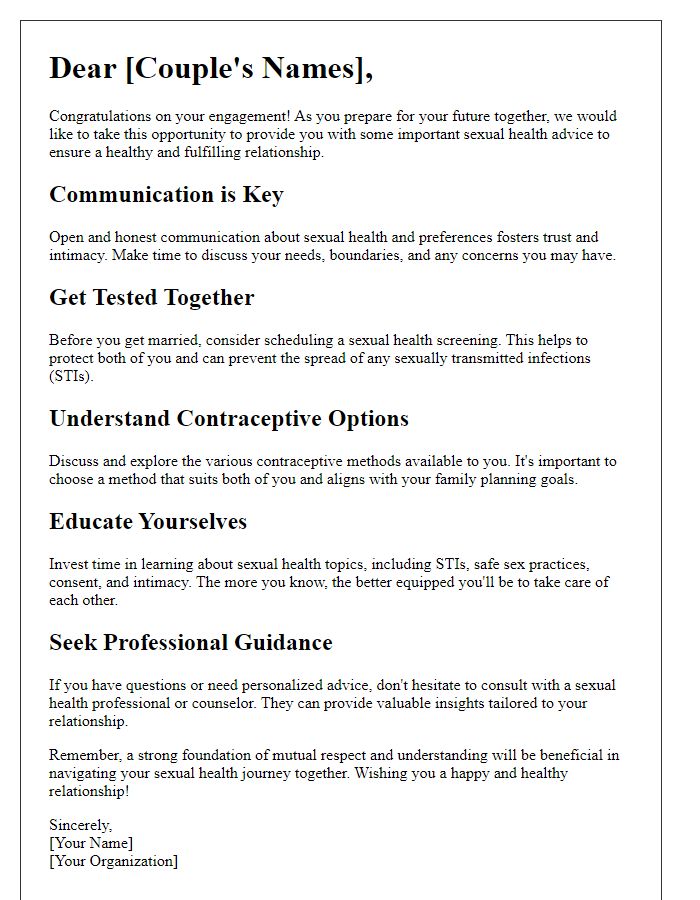
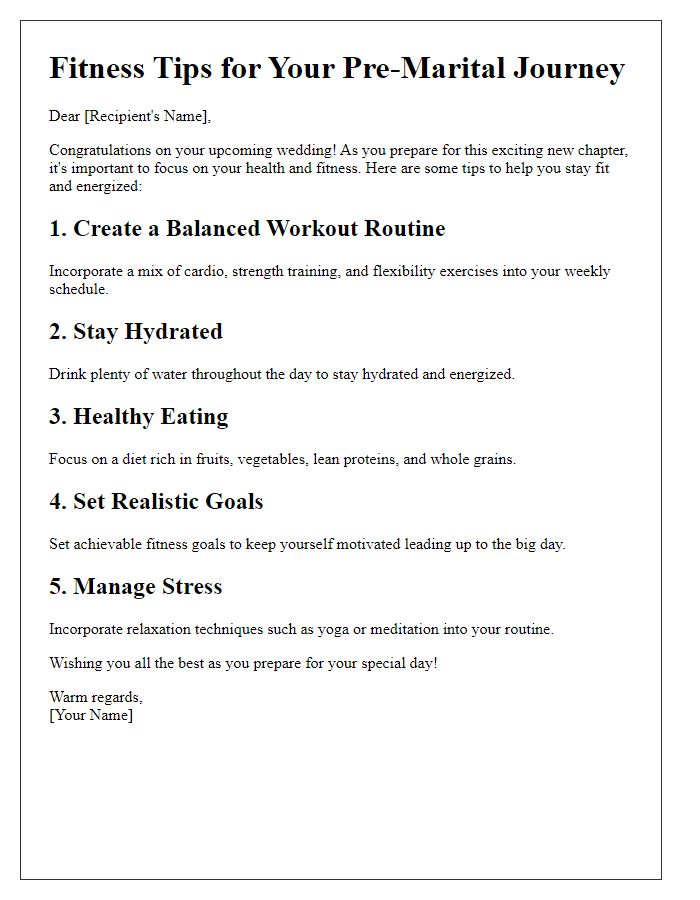
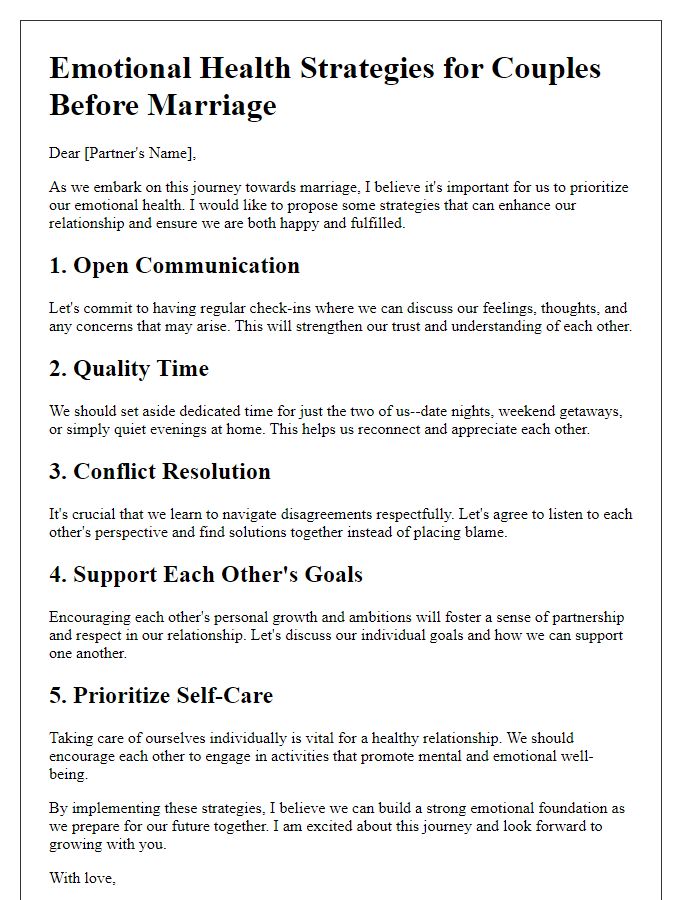

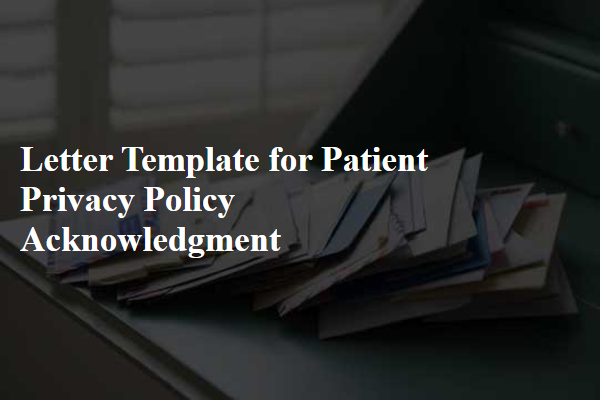
Comments